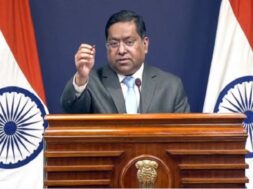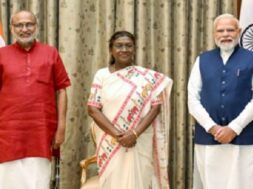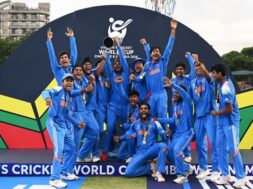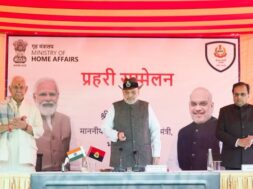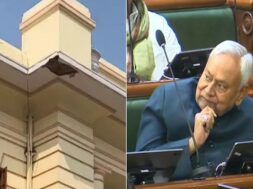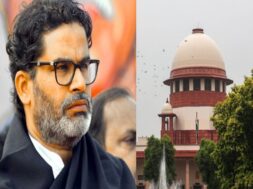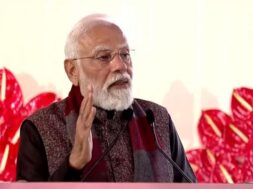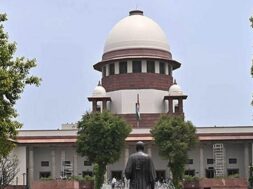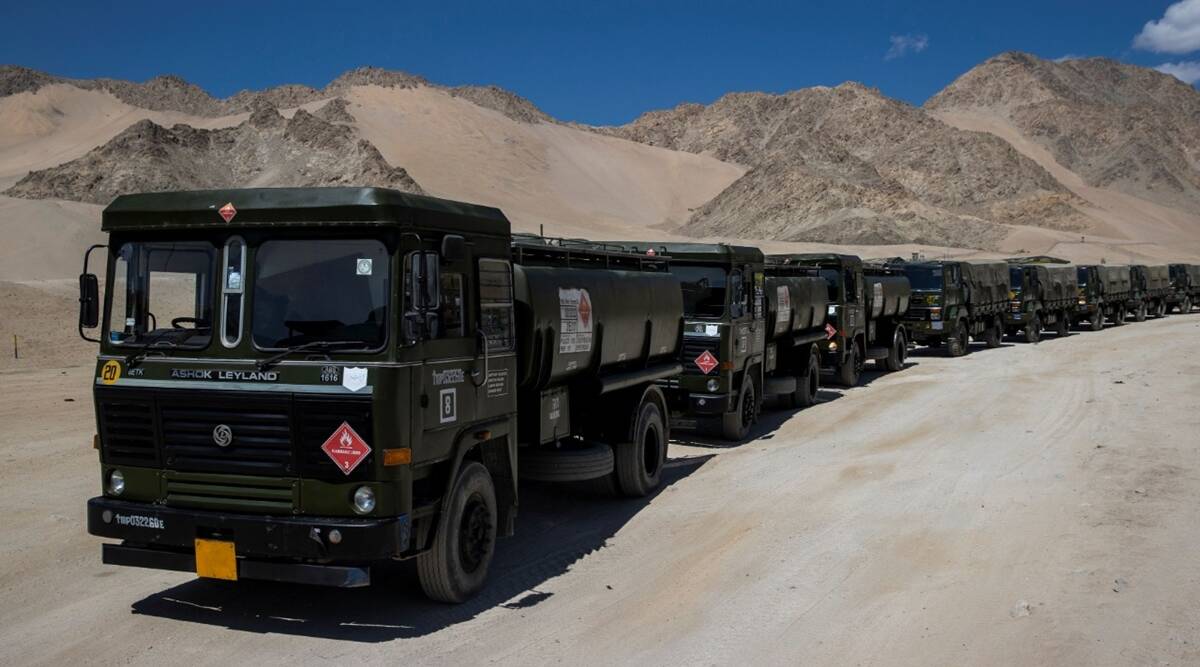
Manas Dasgupta
NEW DELHI, Nov 6: Despite the continuing tension on India’s border with China, the Chief of the Defence Staff General Bipin Rawat virtually ruled out the possibility of a full-scale war but underlined the probabilities of “large scale conflicts” through border confrontations, transgressions and unprovoked tactical military actions.
As the eighth round of military level talks between the senior army officers of the two countries began on Friday, Gen Rawat emphasised that India would not accept any change in the Line of Actual Control (LAC) and would insist on restoration of the status quo with simultaneous de-escalation and dis-engagement all along the border. He blamed the “transgressions and belligerent actions by the Chinese” for the current border row with China.
Speaking at a seminar to mark the 60th anniversary of the National Defence College, of which Rawat is an alumnus, the CDS stressed that collusion between Pakistan and China posed an “omnipresent danger” and said in the “overall security calculus a full-scale conflict with China is low on probability, however, border confrontations, transgressions and unprovoked tactical military actions spiraling into a larger conflict cannot be discounted.”
India and Chinese military officials are holding talks for a possible solution of the six-month long stand-off between the army of the two countries in eastern Ladakh, even as the chief of the army staff General M M Naravane on a three-day visit to Nepal on a mission to restore the age-old friendly ties between the two countries called on the prime minister K P Sharma Oli.
The relations between India and Nepal had taken a beating since Oli, a Communist, took over as the prime minister with his government leaning more towards the Communist China often at the cost of India. Naravane’s visit is aimed at resetting the bilateral ties that came under severe strain following a bitter border row early this year. In May, Nepal came up with a new political map claiming several areas in Uttarakhand to be part of its territory. Nepal had protested after Defence Minister Rajnath Singh inaugurated an 80-km-long strategically crucial road connecting the Lipulekh pass with Dharchula in Uttarakhand on May 8.
After Nepal released the map, India reacted sharply, calling it a “unilateral act” and cautioning Kathmandu that such “artificial enlargement” of territorial claims will not be acceptable. Nepal had also released school text-books showing the same erroneous map but the government later withdrew the book and Oli also dis-invested the defence portfolio from his deputy who was considered to be a close China aide. Currently Oli himself is holding the defence portfolio.
In a statement issued after his meeting with Naravane, Oli said Nepal and India “have a long-standing and special relationship” and hoped that all the issues between the two countries would be resolved through dialogue.
Gen Naravane was also conferred the honorary rank of General of the Nepali Army by Nepal’s President Bidya Devi Bhandari on Thursday. He was honoured at a ceremony at the President’s official residence Shital Niwas in Kathmandu. General Naravane was also presented with a sword and scroll during the function.
At the defence institute, Gen Rawat said, “The situation along the LAC in eastern Ladakh remains tense amidst transgressions and belligerent actions by the Chinese.” He said the People’s Liberation Army “is facing unanticipated consequences of its misadventure in Ladakh because of Indian Army’s firm and strong response.”
“Our posturing is unambiguous, status quo has to be restored and we will not accept any shifting of the LAC,” the CDS said.
In reference to the joint threat posed by Pakistan and China, Rawat said that “India faces myriad external security challenges” and mentioned “constant friction with two of our nuclear armed neighbours with whom India has fought wars” are “increasingly acting in collusion” and it “poses an omnipresent danger of regional strategic instability with potential for escalation, threatening our territorial integrity and strategic cohesion”.
Predicting that India’s relations with China will continue to be competitive, he said the “persisting boundary dispute, China’s support to Pakistan, it’s increasing influence in South Asia through China’s Belt and Road Initiative (BRI) projects and an unbalanced economic relationship is likely to ensure that in near future the Sino-India relationship will remain a fundamentally competitive one”.
Even as the Indian Ocean “remains a zone of peace, albeit, one of continued contestation,” Rawat said “of late we are witnessing a geo-strategic competition in the Indo-Pacific, and the race for strategic places and bases in the Indian Ocean Region is only going to gain momentum with time.”
He believed the “future would witness increasing militarisation in the Indian Ocean Region (IOR) as China with its ambition of emerging as a global power was already making inroads into South Asia, and their aspirations “are evident in the ever-expanding Chinese military maritime footprints in the Indo-Pacific”.
“The economic slowdown due to the pandemic has made China repressive at home but aggressive abroad as is evident through its posturing in South China Sea, East China Sea and the Taiwan Straits. For India, the challenges have manifested with military flare-ups along the LAC. In the coming years we are likely to witness aggressive pursuit of hegemonic interests by China manifesting through economic exploitation of weaker nations, military modernization and increased contestation with the West,” he said.
Talking about the reforms needed in the Indian armed forces to be prepared for the future, Rawat said in the “emerging security paradigm armed forces should be structured in a manner that they provide the operational flexibility to pursue wider strategic objectives as well as resource optimization.”

